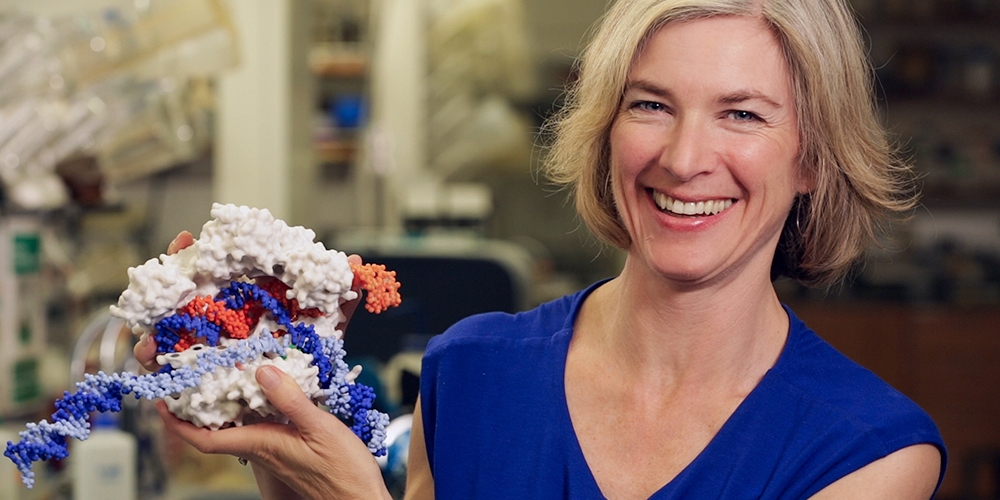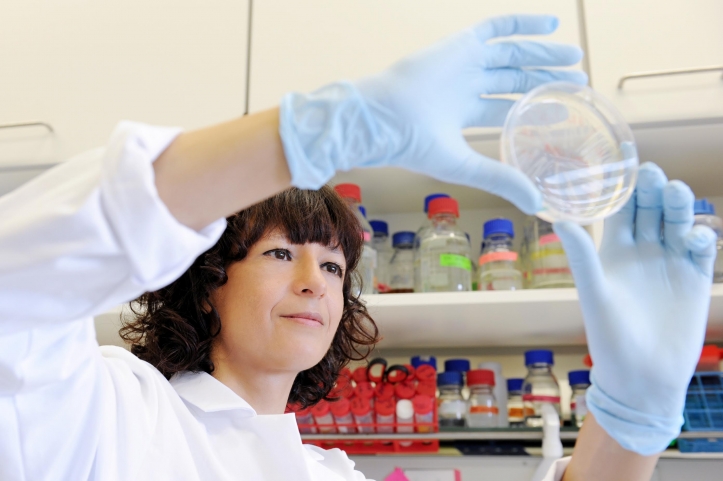We’ve all heard of gene editing before in one context or another. For the majority of the term’s existence, gene editing has remained more of a science fiction than an actuality until Jennifer Doudna and Emmanuelle Charpentier developed a mechanism by which it can feasibly be done in a real world setting: CRISPR technology.
Jennifer Doudna and Emmanuelle Charpentier won the Nobel Prize for Chemistry in 2020 for their work on CRISPR, which has been referred to as the most revolutionary development in biology in the past few decades. First announced in the 2010s, Doudna and Charpentier were critical in their early work in characterizing how the CRISPR-cas9 system works. In the past 8 years or so, CRISPR has become a common term to hear in any laboratory across the world.
CRISPR is short for “clustered regularly interspaced short palindromic repeats” and is a microbial ‘immune system’ that prokaryotes (bacteria) use to prevent infection by viruses known as phages. CRISPR provides prokaryotes with a system to recognize the precise genetic sequences that match a phage and target those specific sequences for destruction using specialized enzymes.
While previous work had identified these CRISPR-associated proteins (Cas), Charpentier discovered a key component of the CRISPR system: an RNA molecule that was required to direct the enzymes to the correct target sequences. In 2012, Doudna and Charpentier showed that the system could be programmed to cut specific sites in isolated DNA. This programmable gene-editing system has inspired a boom in medicine, agriculture and basic science.
Their work has pioneered an entire new arena of biology to explore and we’ve yet to fully understand the magnitude of potential possibilities that may arise from this. However, the increasing reality of actual gene editing does raise many ethical concerns, especially as it may make it easier for parents and medical professionals to “select for” or “modify” embryos to possess certain traits and characteristics. With that in mind, it is entirely possible that the nation will be faced with a new wave of eugenics as people once again use biology and “science” to reinforce oppressive and racist ideology.
In fact, this editing of the human genome has already begun: Chinese scientists have begun the effort of developing “crispr” babies. While it remains unclear how the future will unfold, I feel that there will be an increasing prevalence of science in policy and legislature as people have combatting views on how certain technologies should be used and regulated.

